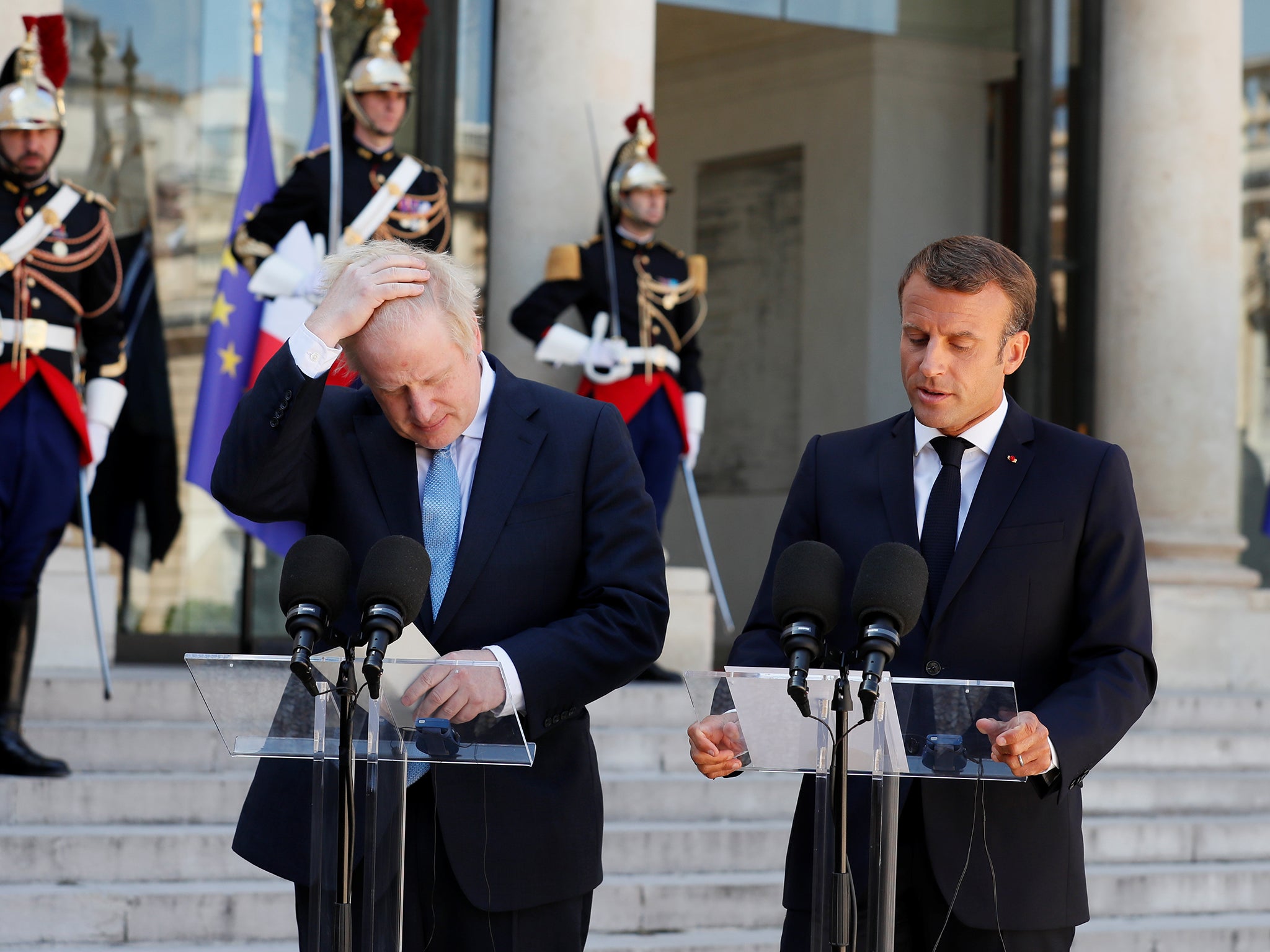While Boris Johnson has committed to exiting the EU “do or die” at the end of next month, opposition MPs in Westminster are fomenting plans to rule out a no-deal Brexit.
The UK will leave the EU at the end of 31 October unless Article 50 is extended or revoked by the UK. Though the government has ruled out even a technical extension during talks in Brussels, one option open to the opposition is to use legislation to force the prime minister to ask for a delay.
So how likely would EU leaders be to grant an extension?
This is uncertain: it can only be decided by the EU’s 27 remaining leaders. The last time Article 50 was extended to set the current deadline, the debate went well into the night and leaders had different views.
But we do have a few clues...
Last time, EU officials said the bloc would only agree to provide time for an extension for the UK to hold a general election, to hold a second referendum, or for a political process to work out a position that parliament could accept.
It was the last of these options – which came in the form of the indicative votes in parliament – that appeared to carry the day. These were ultimately inconclusive.
Would EU leaders grant one again? Probably not for a similarly nebulous political process.
Leo Varadkar, Ireland’s prime minister, since said that he would support an extension for either a referendum or general election. That’s a narrowing of the three options presented last time.
“There’s very much a strong view across the European Union that there shouldn’t be any more extensions. While I have endless patience, some of my colleagues, quite frankly, have lost patience with the UK – and there’s enormous hostility to any further extension,” Mr Varadkar told reporters on the doorstep of a summit in June.
“So I think an extension could really only happen if it were to facilitate something like a general election in the UK, or even something like a second referendum, if they decided to have one. What won’t be entertained is an extension for further negotiations or further indicative votes. The time for that has long since passed.”
Mr Varadkar is one of the most pro-extension leaders. Perhaps he’s bluffing, but it certainly seems unlikely that EU leaders would refuse to give the UK more time to carry out either of those things.
But one problem is that the opposition MPs who want to stop a no deal with legislation – rather than a vote of no confidence to bring down the government – would not necessarily be triggering an election.
In that case, we don’t know what the EU would do. Emmanuel Macron last time argued strongly against a long extension and officials said that while most leaders supported one at the time, next time things might be a little bit different. Varadkar of course said EU leaders are losing patience with the UK – and that was months ago.
In summary, an extension would be granted merely to avoid no deal would be far from certain. There is an undeniably correct recognition in some EU capitals that this simply kicks the can down the road. If that bid to stop no deal came with an election or referendum, however, they would be more likely to approve a further delay.


Join our commenting forum
Join thought-provoking conversations, follow other Independent readers and see their replies
Comments